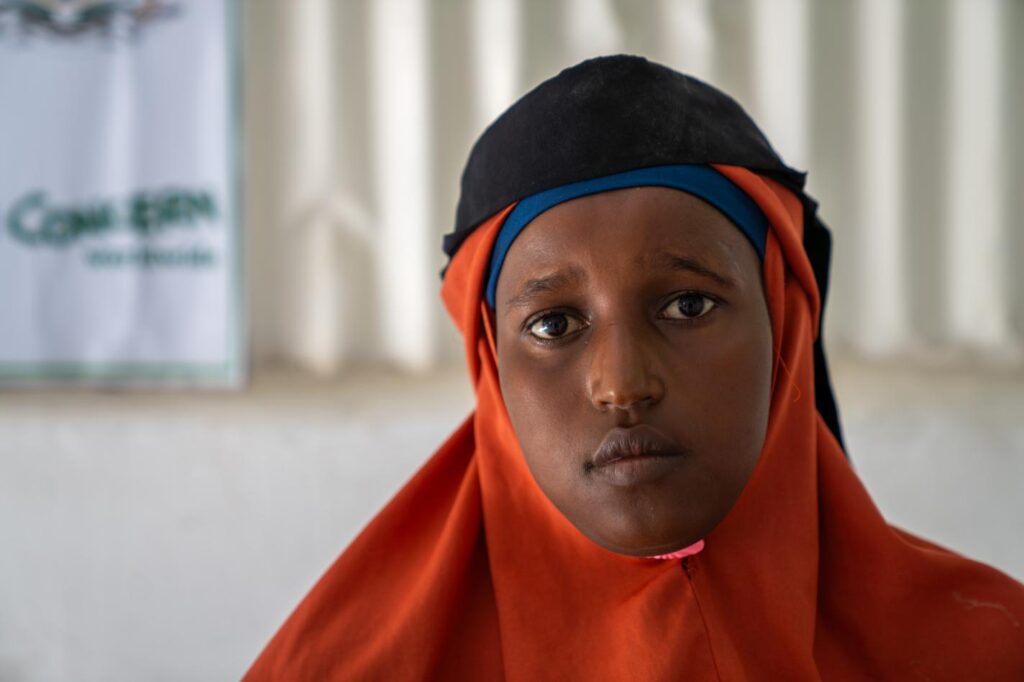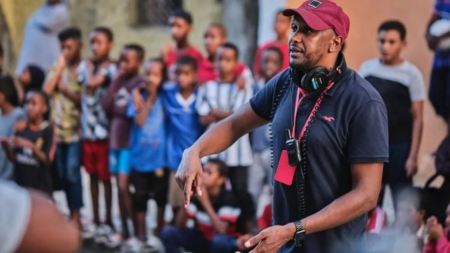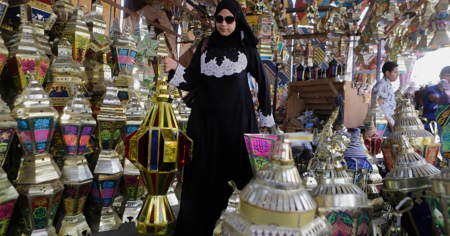Today, we’ll talk about a harsh crisis that deepens the pain of most Somali girls.
Child marriage makes life even harder for girls, ending their future before it begins.
Explore this real story and take a look at the actual numbers …
A Real Story
Aisha* was just 13 when her childhood was stolen.
Growing up in Burhakaba, Bay region of Somalia, she lost both parents early.
Her grandmother stepped in to care for her, but when she died, Aisha had no protection.
Her aunt accepted money from a man more than 50 years old and forced Aisha into marriage.
“I didn’t even understand what marriage meant at that age,” Aisha says.
“I was just a child — and I was not ready to be someone’s wife.”
She suffered abuse, isolation, and hardship.
A brave escape led her to Baidoa and a displacement camp.
She found help through Norwegian Refugee Council caseworkers.
With support via a Norad-funded protection project (January-December 2025), Aisha received immediate cash assistance and survival support.
Today she lives with a relative and begins to reclaim safety and dignity.
What the Data Tells Us About Child Marriage in Somalia?
- According to UNICEF and Somali government data, about 45% of Somali girls are married before age 18, and 8% before age 15.
- A Somali 2020 survey (Somalia Health & Demographic Survey) showed 36% of women aged 20-24 were married before 18.
- Child marriage is more common in rural, nomadic and displaced communities. In pastoralist areas some girls are married by ages 12 or 13.
These numbers reflect not only tradition and social norms, but also poverty, conflict, and humanitarian crises such as drought, displacement, and lack of access to schooling.
In times of severe hardship, families may view early or forced marriage as a way to reduce economic burden or seek protection.
Read also: UN Mandate Ended in Somalia Even it Should Stay on UNHRC Active Agenda – Learn Why
Legal and Human Rights Commitments
Somalia has ratified several international and regional treaties:
- UN Convention on the Rights of the Child (UNCRC) — demands protections for children, including setting a minimum age for marriage.
- African Charter on the Rights and Welfare of the Child (ACRWC) — prohibits child marriage under Article 21.
- Maputo Protocol — mandates that women should be at least 18 for marriage.
Yet, despite these ratifications, there is no effective minimum legal age of marriage currently enforced in many parts of Somalia.
Consequences for Girls and Communities
Forced and child marriage has far-reaching effects:
- Health risks: early pregnancies, high maternal and infant mortality, obstetric complications.
- Poverty and inequality: ending school early, limited economic opportunities, dependency.
- Psychological trauma: abuse, isolation, loss of childhood.
A protection officer working with NRC in Baidoa said:
“Child marriage is not marriage – it is violence.
It steals girls’ childhoods, their health, and their dreams.”
What Can Be Done: Interventions & Policy Options
- Legal reform: Enforce a legally binding minimum age of marriage (18 years) across all states.
- Protection services: Support survivors via case management, cash assistance, psychosocial support, and safe zones.
- Education and awareness: Community outreach to change norms, empower girls with schooling.
- Humanitarian response integration: Ensure all aid and displacement programs include protection against child marriage.
4-5 in 10 Girls Married Before 18
Aisha’s story is one of many — behind statistics are lives being altered forever by forced marriage in Somalia.
While the data is stark — 4-5 in 10 girls married before 18 — each number reflects violated rights and stunted potential.
Ending forced marriage requires more than laws on paper.
It demands enforcement, community change, and continuous support for survivors. Somalia has already made legal commitments.
Not A Tradition — It is Injustice
The gap is in implementation.
Let Aisha’s escape, her recovery, and the lives of thousands like her be the urgency we answer.
Child marriage is not tradition — it is injustice.
It can and must end.
*Name changed to protect identity.
Sources:
European Union Agency for Asylum
Wikipedia
Girls Not Brides
NRC








